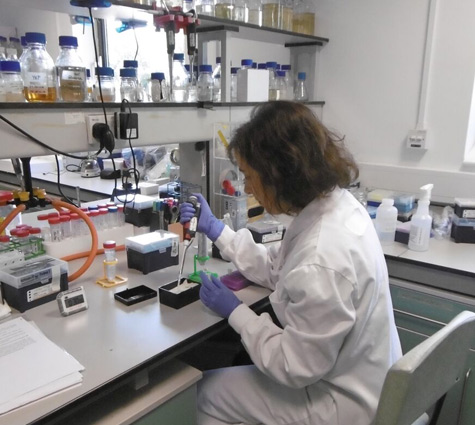The WISB research programme combines the principles of bioscience, engineering, computer science and physical science in theoretical and experimental synthetic biology research. We are developing next-generation synthetic biology tools and systems, biosynthetic pathways, synthetic communities of microbes, and plant-microbe interactions.
WISB researchers are developing novel SB tools for engineering biosynthetic pathways to generate structurally complex bioactives in microorganisms such as Streptomyces sp. and Saccharomyces cerevisiae. Rate control engineering, combined with high-resolution systems analysis, enables us to create highly efficient synthetic pathways.
Read More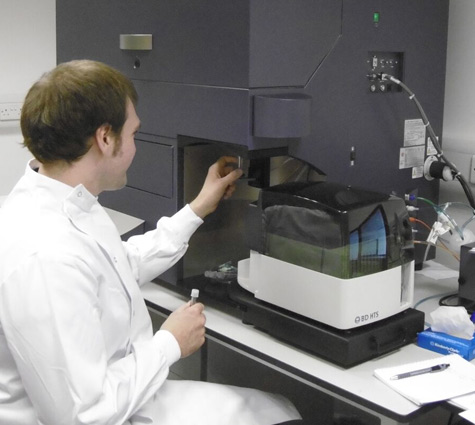
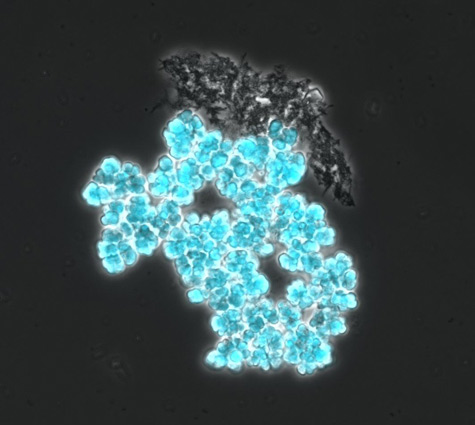
Engineered synthetic microbial communities comprise (multiple) defined species that are functionally interlinked using rationally engineered metabolic, genetic and physical interactions. The resulting systems provide catalytic activities of industrial value or in situ delivery of bioactive molecules.
Read MoreWISB researchers are developing new types of synthetic control system in which synthetic effectors (synEffectors), derived from natural effectors of plant pathogens and mutualists, which can be targeted to bespoke pathways. In this way, pathways are re-engineered to deliver temporal and spatial control of bespoke plant responses in an orthogonal fashion, i.e. without causing trade-offs in other natural responses. This work will lead to enhanced properties that improve, for example, plant resistance to stress.
Read More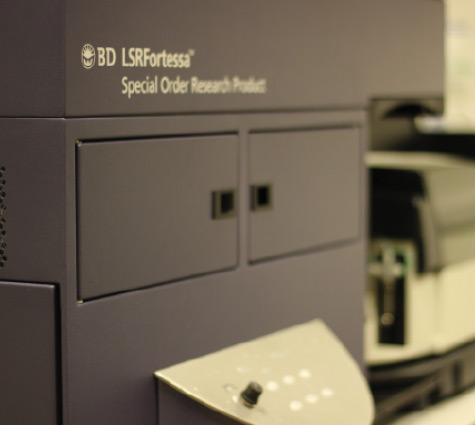
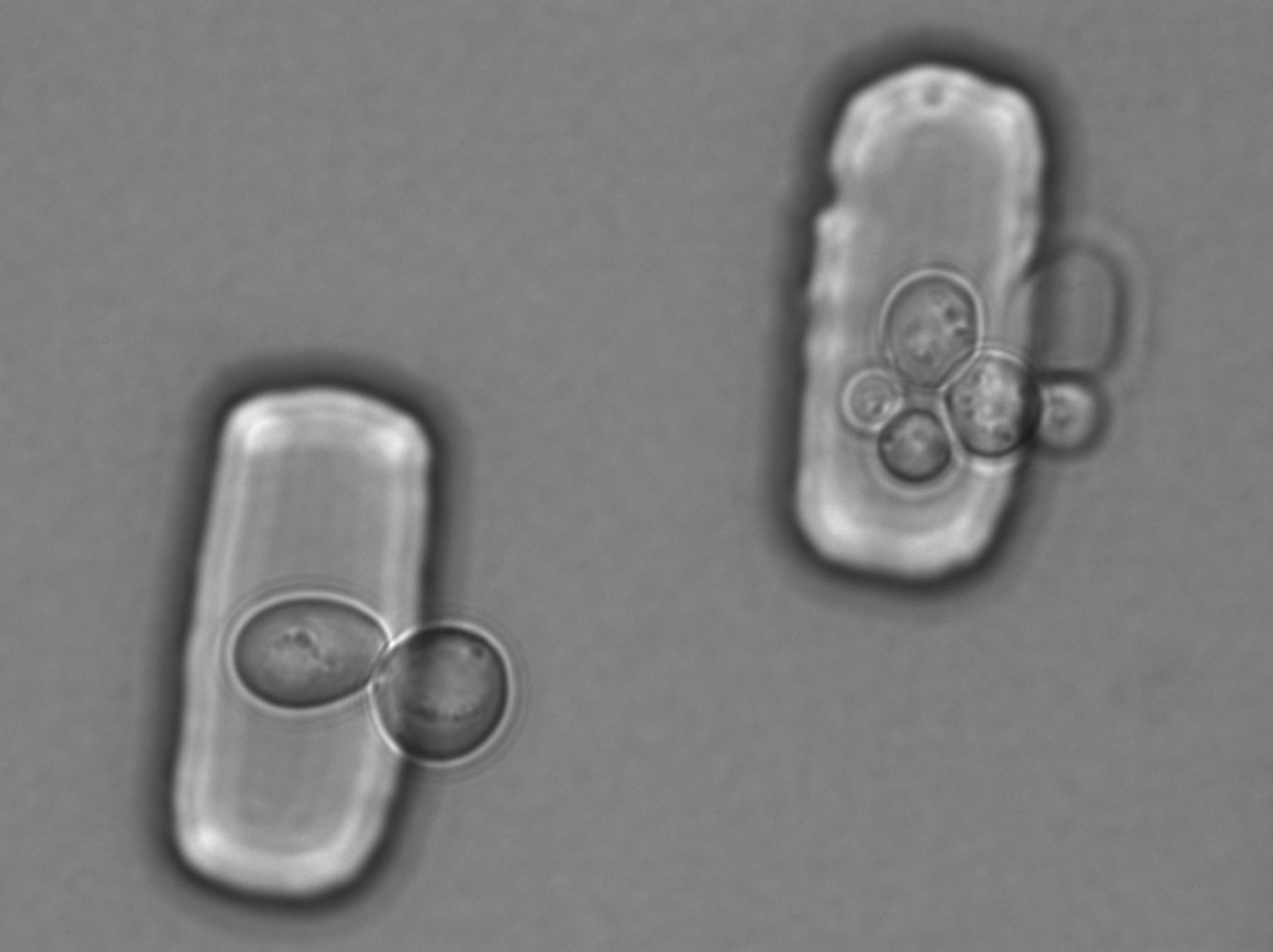
Synthetic biology has the potential to be a major driver of industrial and economic development. As with any new emerging technology, the development of synthetic biology needs to be guided by Ethical, Legal and Societal Aspects (ELSA) of the field. WISB researchers are engaging with regulatory authorities, industry, academics, the wider public and other stakeholders to address this. Current ELSA research focusses on the legal framework for protecting intellectual property in synthetic biology and the role of art and design in engaging the wider community.
Read MoreWISB researchers are developing new types of synthetic biomolecular circuitry for use in prokaryotic and eukaryotic hosts. In addition, a number of features of living cells, including stochasticity and circuit-host interactions, introduce variables into the function of biomolecular circuitry that limit their robustness and scalability, thus significantly constraining the potential of SGCs. Advanced computer design tools, combined with novel experimental approaches and state-of-the-art technology, are being used to find solutions to these major challenges. The knowhow developed in this Theme is fed into our other Themes.
Read More